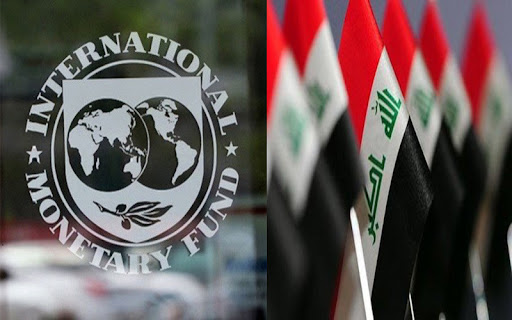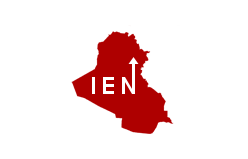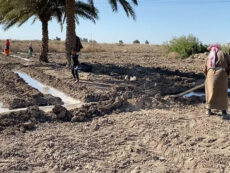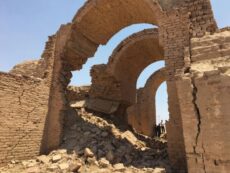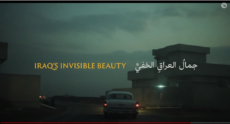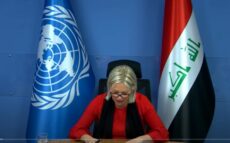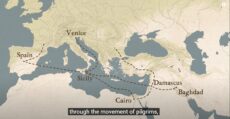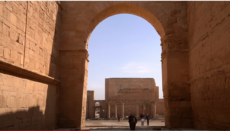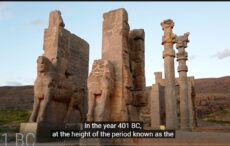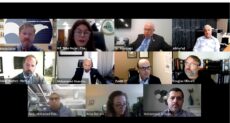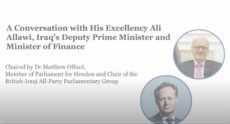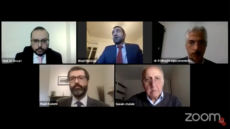Six years passed since the Iraqi government launched its Private Sector Development Strategy 2014-2030, aiming to reform regulatory frames and market conditions towards private sector-led growth. Several international partners (including UNDP, World Bank, GIZ, and USAID) also attempted to help realize some goals of the strategy. Along with the strategy, Iraqi leaders have alway
Read MoreThis paper aims to show that Iraq’s high population growth is posing a serious problem for its economic development. Its high population growth is driven by a high fertility rate caused by a number of unfavorable socioeconomic conditions that need to be addressed urgently. The population growth is not uniform across the country, and steps should be taken to reinforce the trend
Read MoreAt the beginning Sumer (a region of Mesopotamia) was the birthplace of writing, the wheel, agriculture, the arch, the plow, the saw, irrigation, beer, the spear, money, calendar and many other innovations, and is often referred to as the Cradle of Civilization. The Sumerians developed the earliest known writing system – a pictographic writing system known as cuneiform script,
Read MoreThis paper explores the nature of social power in Iraq and Lebanon, and its implications for understanding the role of the state in both countries. The paper argues that the very concept of the ‘state’, as often understood by Western policymakers, implies a binary division between official and unofficial structures – between state and non-state – that does not reflect more flui
Read MoreSummary Context Iraq, particularly the Kurdistan Region of Iraq (KR-I), has become host to a significant population of refugees after decades of regional and domestic conflict, compounded by the activities of the the group known as Islamic State of Iraq and the Levant (ISIL), the Syrian civil war, and political turbulence in countries l
Read More



